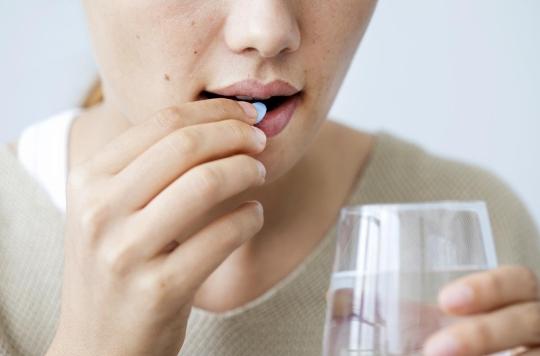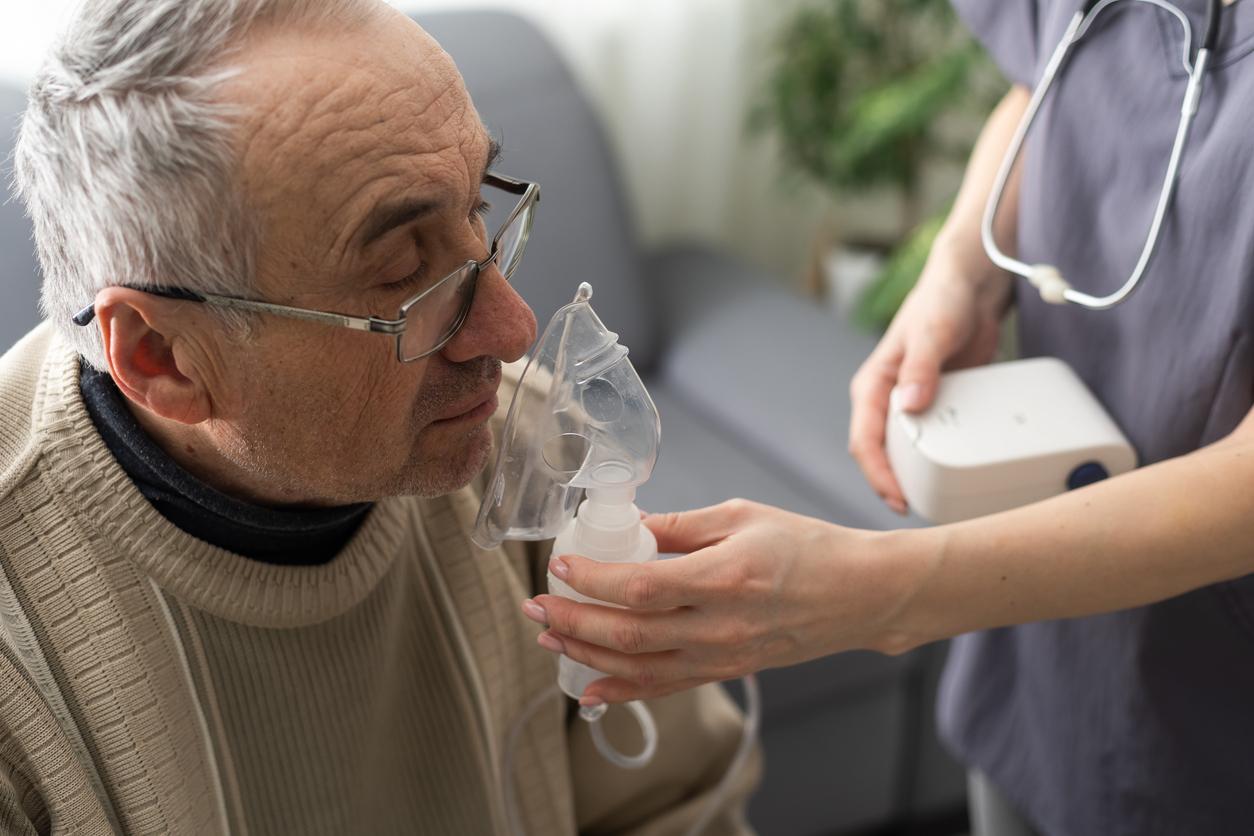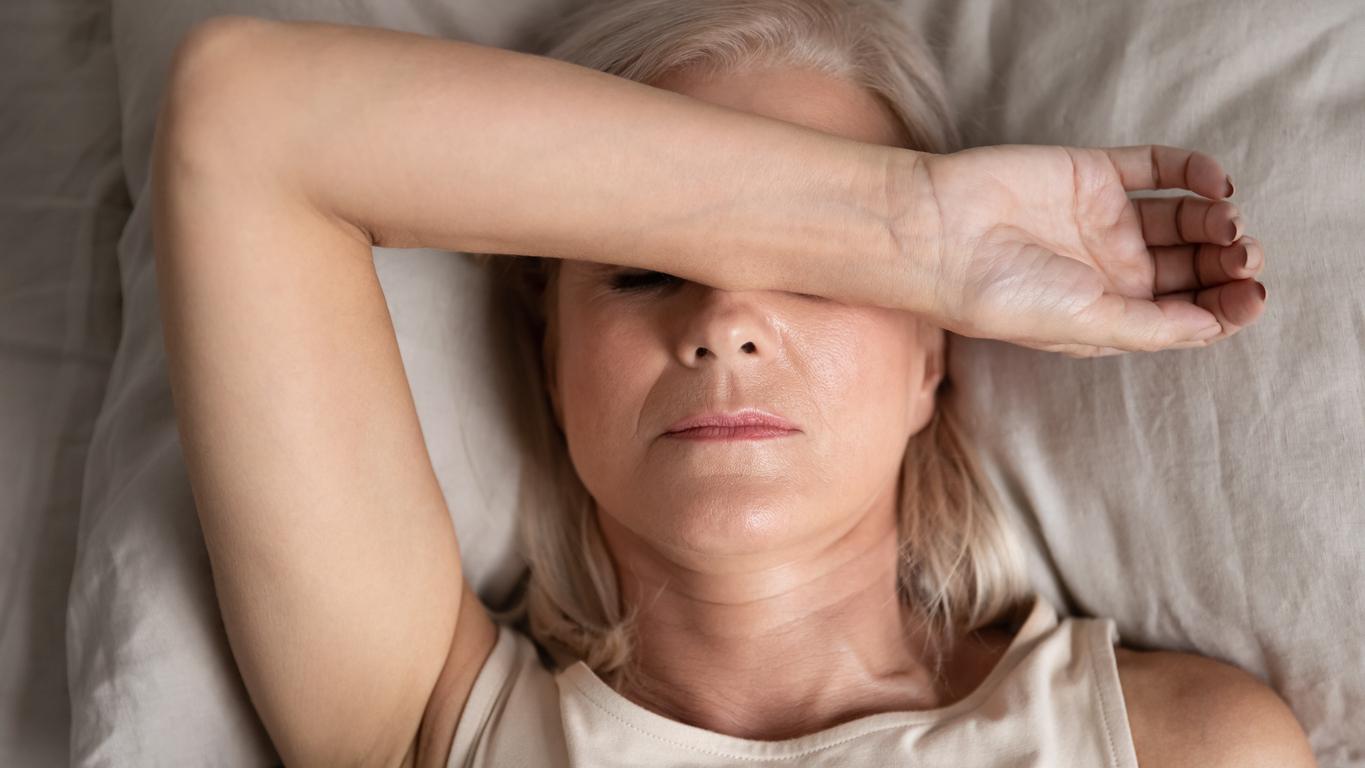In the event of a heat wave, certain drug treatments can prevent the thermoregulation of the body.

- For medicines to be stored between 2 and 8°C, it is recommended to use them fairly quickly once taken out of the refrigerator in case of high outside temperature.
- Treatments to be stored at a temperature below 25 or 30°C should not be exposed too long to high temperatures.
- Ovules, suppositories, ointments and creams change in appearance, more specifically soften, even liquefy, when exposed to heat.
Since Sunday evening, temperature records have been broken in many regions in France. This July 19, 70 departments are placed in orange “heat wave” vigilance. As a reminder, prolonged exposure to heat is an attack on the body. Being exposed to high temperatures can cause heatstroke, dehydration or aggravate pre-existing conditions.
“Taking certain medications can worsen heat-related effects, especially in people at risk,” alert the ministry of health. According to health insurance, the use of certain treatments during the heat wave can prevent or interfere with the thermoregulation of the body. This inability of the body to maintain its normal temperature can quickly damage vital organs, such as the brain and liver.
What are the risky drugs?
Among the treatments that can increase the effects of the heat wave or hinder the body’s adaptation to the heat, we find:
- Medicines that cause or worsen dehydration, such as diureticsfor example.
- Treatments that interfere with the functioning of the kidneys, such as nonsteroidal anti-inflammatory drugs (NSAIDs), aspirinsome antihypertensives, antibiotics, antidiabetics Where antivirals.
- Medications that aggravate thermoregulation problems, such as some neuroleptics, antiparkinsonians, antidepressants, vasoconstrictors Where thyroid hormones.
- Treatments that limit the increase in cardiac output, such as beta-blockers.
- Antimigraine drugswhich can prevent vasodilation or reduce sweating.
- Treatments that reduce alertness and the ability to adapt behavior to fight against heat, such as sleeping pills Where anxiolytics.
Consult your doctor
“Even if certain medications can play a role in the aggravation of problems linked to high heat, this never justifies stopping a treatment on its own initiative, nor even reducing it or interrupting it for a few days”, reports health insurance.
In the event of hot weather, people at risk or on medication are recommended to consult their doctor, who will assess their situation. “The effects of drugs are most often only problematic if they are linked to certain contexts”, can we read on his website. It is strongly advised not to take new treatments without medical advice.
















